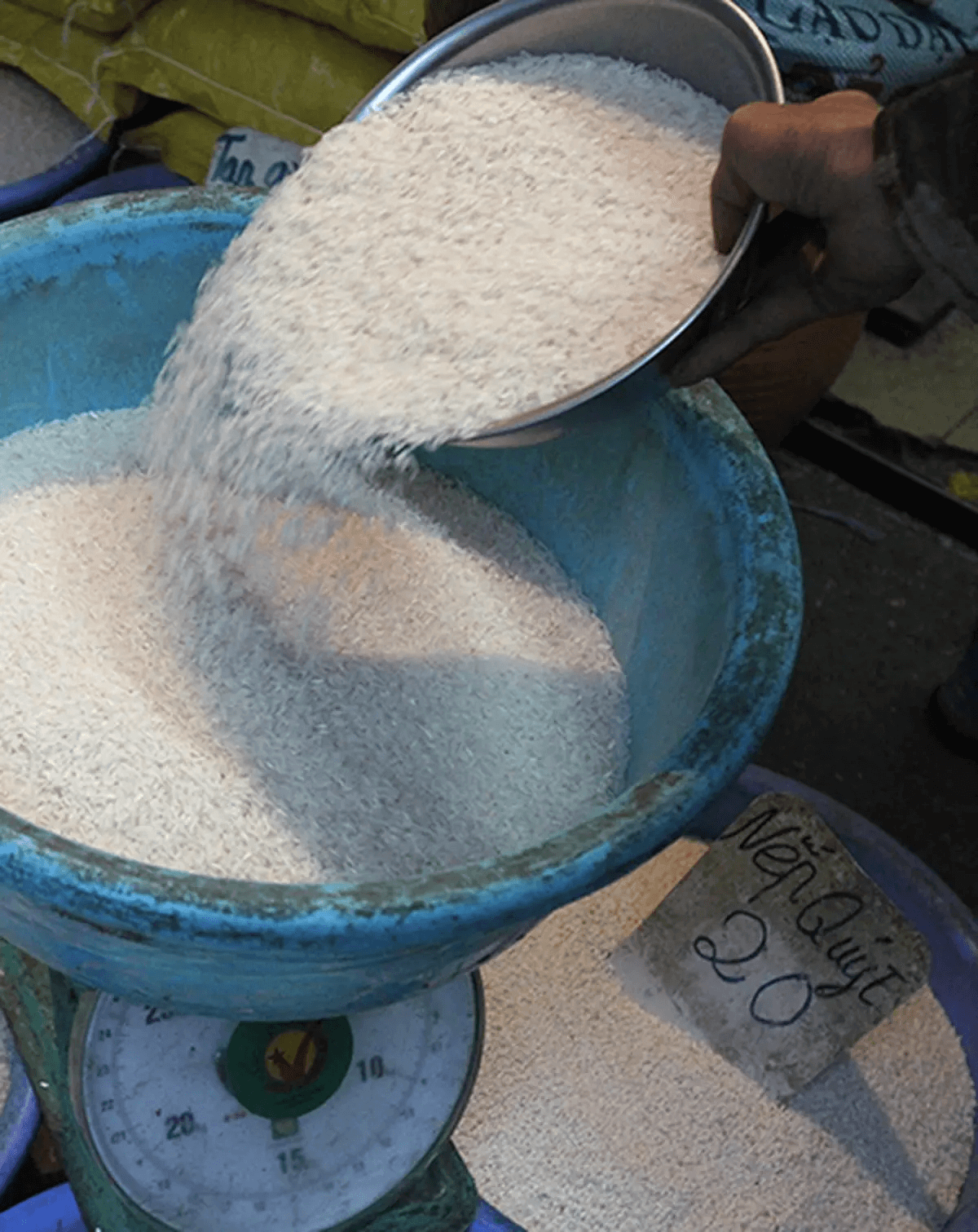Tags
House committee oks substitute bill amending rice tariffication law

- The Lower House Committee on Agriculture and Food approved a substitute bill seeking to amend the Rice Tariffication Law
- The bill is aimed at stabilizing the price of rice in the country
- It provides the National Food Authority temporary authority to intervene in the market in cases where rice prices increase excessively or acute rice shortages occur
The House Committee on Agriculture and Food approved a substitute bill seeking to amend the Rice Tariffication Law (RTL) aimed at stabilizing the price of rice by ensuring adequate supply.
During a May 7 hearing, the Committee chaired by Quezon 1st district representative Wilfrido Mark Enverga approved the unnumbered bill that will replace various House bills seeking to either repeal or amend the law (Republic Act No. 11203).
The approval comes after President Ferdinand Marcos, Jr. on May 6 said he will certify as urgent measures seeking to amend the RTL to lower rice prices.
The RTL or An Act Liberalizing the Importation, Exportation, and Trading of Rice, Lifting for the Purpose the Quantitative Import Restriction on Rice, and for Other Purposes was signed on February 15, 2019 with the aim of bringing down the cost of the staple.
Enverga in a statement explained that the substitute bill provides the National Food Authority (NFA) temporary authority to intervene in the market in cases where rice prices increase excessively or acute rice shortages occur.
Under the bill, the NFA would be allowed to procure local milled rice and have the option to purchase a certain percentage of rice from accredited importers at cost.
If these measures prove insufficient, the NFA would also be allowed to directly import rice, subject to the President’s full consent.
The proposed bill amending RA 11203 will also strengthen the ability of the Bureau of Plant Industry to oversee milled rice warehouses for sanitary, phytosanitary and food safety compliance.
The bill provides that unused Rice Competitiveness Enhancement Fund (RCEF) allocations would no longer be returned to the general fund.
After approval of the substitute bill, the Committee on Agriculture and Food met with the House Committee on Ways and Means to discuss budget provisions in the substitute bill, which proposes that the base amount of the RCEF be increased from the current P10 billion to P15 billion.
The joint committees approved proposed revisions in the budget allocations of programs under the RCEF. These include increasing the budget for farm mechanization component from 50% to 53.5%; reducing the fund for seed component from 30% to 28%; adjusting rice extension services from 10% to 5%; and rice credit assistance from 10% to 6%.
The Committee also introduced new features, such as allocation of RCEF funding for soil, pesticides and program management office.
Nueva Ecija 1st district representative Mikaela Angela Suansing said excess tariff revenues from RCEF would be allocated across different programs, such as crop diversification, provision of seeds and fertilizers, small water impounding, crop insurance and other potential programs.
Both Committees also agreed to reinstate NFA’s authority to regulate foreign investment in the rice and corn industries.
The Department of Agriculture urged Congress to restore the NFA’s function as a rice price stabilizer and increase its fund allocation for programs to enhance rice production and farmers’ incomes.
While recognizing benefits of RTL on the productivity and incomes of farmers, Agriculture Secretary Francisco Tiu Laurel, Jr. said changes to the RTL are needed in view of climate change that shortened the frequency of El Niño events to three to five years.
https://www.portcalls.com/house-committee-oks-substitute-bill-amending-rice-tariffication-law/Published Date: May 8, 2024






